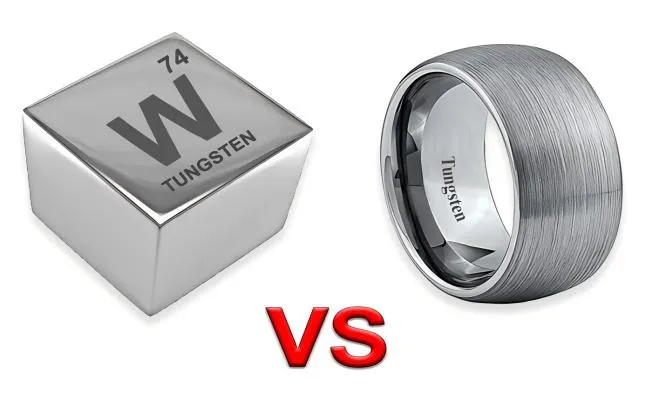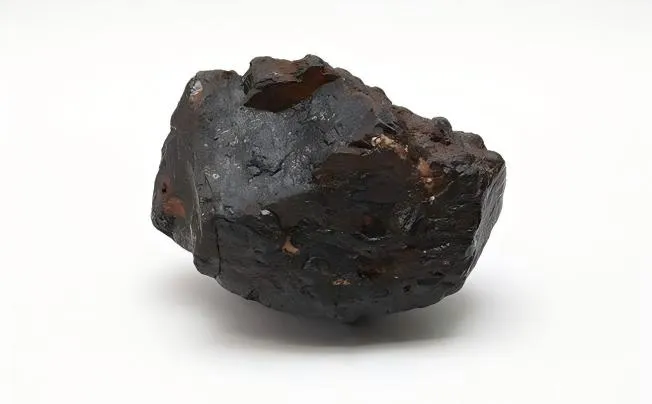Silicone is a synthetic polymer that is known for its flexibility, durability, and heat resistance. It is widely used in various industries, including cosmetics, electronics, and food storage.
Understanding Silicone
The Versatile Composition and Properties of silicone
Silicone is a synthetic polymer made up of silicon, oxygen, carbon, and hydrogen atoms. This unique composition gives silicone its remarkable properties, such as flexibility, heat resistance, and durability.
Unlike plastics or rubber, silicone remains stable across a wide range of temperatures, making it ideal for use in food storage and cooking applications. Its inert nature ensures that it does not react with food or beverages stored in it, maintaining the original taste and quality of the contents.
One key property of silicone is its nonstick surface, which makes it easy to clean and maintain hygiene standards in the kitchen. Silicone products are also known for their non-toxic nature and are generally considered safe for use with food.
Manufacturers often use medical-grade silicone for products that come in direct contact with food to ensure they meet stringent safety standards. The biocompatibility of silicone further enhances its suitability for food-related purposes, making it a popular choice among consumers looking for safe and convenient kitchenware options.
Different Types of Silicone Products Used in Food Storage and Cooking
Silicone finds widespread application in the kitchen due to its versatility and convenience. From baking mats to spatulas, ice cube trays to oven mitts, there is a wide array of silicone products designed specifically for food storage and cooking purposes.
Silicone bakeware has gained popularity due to its flexibility and ability to withstand high temperatures without warping or releasing harmful chemicals. Additionally, silicone stretch lids provide a practical alternative to plastic wrap for covering bowls or containers.
In the realm of meal prep and storage, silicone collapsable containers offer space-saving solutions while maintaining food freshness. Silicone-sealed bags have also emerged as eco-friendly alternatives to single-use plastic bags for storing snacks or leftovers.
Factors Influencing Leaching Potential
One of the key factors that influence the leaching potential of silicone into food is temperature variations during cooking or storage. Silicone is known for its heat resistance, but extreme temperatures can still affect its stability. Rapid temperature changes, such as transferring a hot silicone container directly into the freezer, may cause the material to degrade and potentially release chemicals into the food it comes in contact with.
The acidic or oily nature of the food being stored or cooked also plays a significant role in silicone leaching. Foods high in acidity or oil content can interact with the silicone surface, potentially leading to chemical transfer.
It is important to note that prolonged exposure to acidic or oily foods may increase the likelihood of leaching, highlighting the importance of considering food type when using silicone kitchenware. Furthermore, the age and quality of the silicone product itself can impact its leaching potential.
Over time, wear and tear on silicone items can lead to degradation, making them more prone to releasing chemicals into food. High-quality, food-grade silicone products are generally considered safer options as they are manufactured with specific standards to minimize leaching risks compared to lower-quality alternatives.
Best Practices for Safe Use of Silicone Kitchenware
Choosing High-Quality Food-Grade Silicone Products
When it comes to selecting silicone kitchenware, quality is paramount. Opting for items made from food-grade silicone ensures that they have undergone rigorous testing to meet safety standards for food contact materials.
Look for certifications such as FDA approval or LFGB compliance, which guarantee that the silicone used is free from harmful chemicals like BPA, phthalates, or lead. High-quality silicone products are more durable and less likely to leach harmful substances into your food.
Avoiding Extreme Temperatures When Using Silicone Items
Silicone kitchenware is generally heat-resistant and can withstand a wide range of temperatures, making it a versatile choice for cooking and baking. However, exposing silicone products to extreme heat can lead to accelerated wear and potential chemical leaching. To prevent this, avoid using silicone items directly on open flames or under broilers.
Health Implications
Risk of Chemical Leaching into Food
When considering the health implications of potential chemical leaching from silicone into food, it is crucial to understand the risks associated with this phenomenon. Certain chemicals present in silicone materials, such as siloxanes and other additives, have been linked to adverse health effects when ingested.
These chemicals can contaminate food when silicone products come into contact with acidic or oily substances, especially at high temperatures. Research suggests that long-term exposure to these compounds may contribute to various health issues, including hormonal disruptions and developmental abnormalities.
Regulatory Standards for Silicone Products
To protect consumer health and safety, regulatory agencies worldwide have established standards and guidelines for silicone products intended for contact with food. In the United States, the Food and Drug Administration (FDA) regulates silicone kitchenware under specific regulations to ensure it meets food-grade requirements.
These standards outline permissible levels of certain substances in silicone materials that come in contact with food to prevent harmful chemical transfers. Similarly, the European Union has set stringent regulations through the Framework Regulation (EC) No 1935/2004 regarding materials intended for food contact applications.
Despite regulatory frameworks in place, consumers must remain vigilant about potential health risks associated with silicone leaching into food. It is essential to choose reputable manufacturers that comply with safety standards and produce high-quality silicone products designed for culinary use.
Additionally, practicing proper care and maintenance of silicone kitchenware can help minimize the likelihood of chemical transfer into foods. By staying informed about regulatory guidelines and making informed choices when selecting silicone products for cooking or storage purposes, individuals can reduce their exposure to potentially harmful substances while enjoying the benefits of this versatile material in their culinary endeavors.







